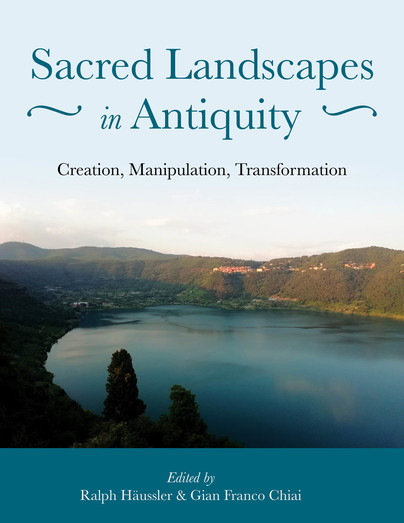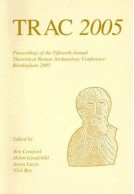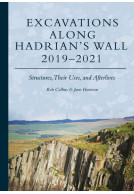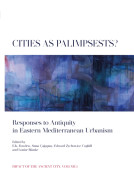Sacred Landscapes in Antiquity (Paperback)
Creation, Manipulation, Transformation
Imprint: Oxbow Books
Pages: 448
Illustrations: b/w
ISBN: 9781789253276
Published: 1st July 2020
Script Academic & Professional
Pages: 448
Illustrations: b/w
ISBN: 9781789253276
Published: 1st July 2020
Script Academic & Professional
This book will be reprinted and your order will be released in due course.
You'll be £65.00 closer to your next £10.00 credit when you purchase Sacred Landscapes in Antiquity. What's this?
+£4.99 UK Delivery or free UK delivery if order is over £40
(click here for international delivery rates)
Need a currency converter? Check XE.com for live rates
(click here for international delivery rates)
Need a currency converter? Check XE.com for live rates
From generation to generation, people experience their landscapes differently. Humans depend on their natural environment: it shapes their behaviour while it is often felt that deities responsible for both natural benefits and natural calamities (such as droughts, famines, floods and landslides) need to be appeased. We presume that, in many societies, lakes, rivers, rocks, mountains, caves and groves were considered sacred. Individual sites and entire landscapes are often associated with divine actions, mythical heroes and etiological myths. Throughout human history, people have also felt the need to monumentalise their sacred landscape. But this is where the similarities end as different societies had very different understandings, believes and practises. The aim of this new thematic appraisal is to scrutinise carefully our evidence and rethink our methodologies in a multi-disciplinary approach. More than 30 papers investigate diverse sacred landscapes from the Iberian peninsula and Britain in the west to China in the east. They discuss how to interpret the intricate web of ciphers and symbols in the landscape and how people might have experienced it. We see the role of performance, ritual, orality, textuality and memory in people’s sacred landscapes. A diachronic view allows us to study how landscapes were ‘rewritten’, adapted and redefined in the course of time to suit new cultural, political and religious understandings, not to mention the impact of urbanism on people’s understandings. A key question is how was the landscape manipulated, transformed and monumentalised – especially the colossal investments in monumental architecture we see in certain socio-historic contexts or the creation of an alternative humanmade, seemingly ‘non-natural’ landscape, with perfectly astronomically aligned buildings that define a cosmological order? Sacred Landscapes therefore aims to analyse the complex links between landscape, ‘religiosity’ and society, developing a dialectic framework that explores sacred landscapes across the ancient world in a dynamic, holistic, contextual and historical perspective.
Other titles in Oxbow Books...















